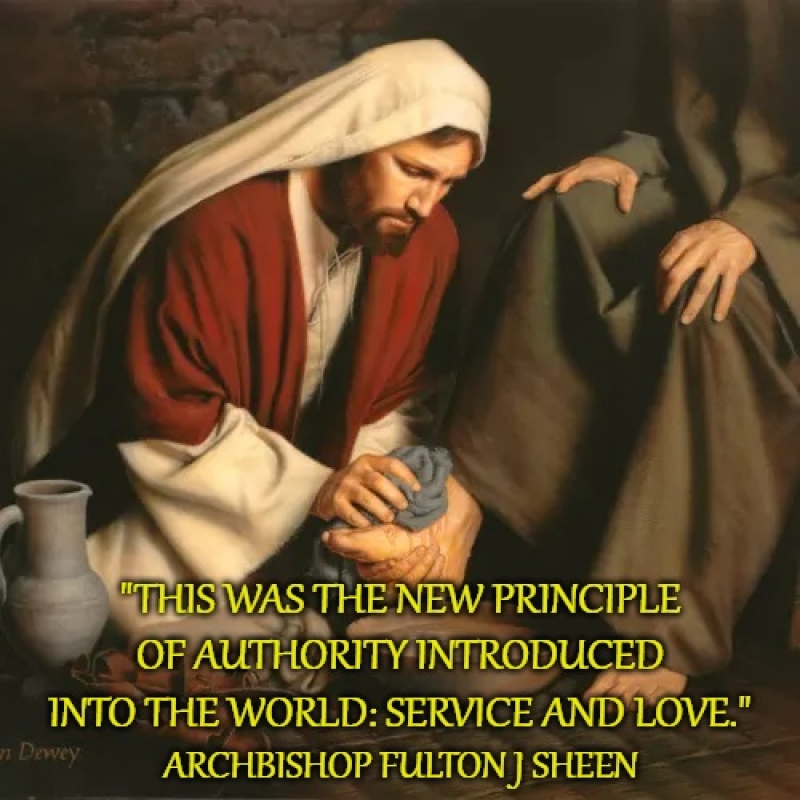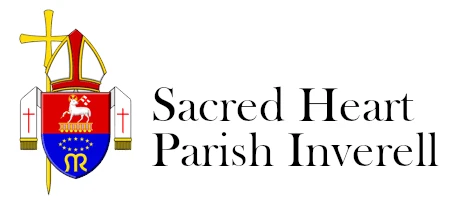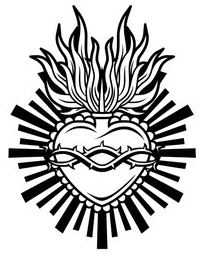31st Sunday in Ordinary Time (Year A) - 5 November
5th November 2023

31st Sunday in Ordinary Time (Year A) - 5 November
“One of the holiest works, one of the best exercise of piety that we can practice in this world is to offer sacrifices, alms, and prayer for the dead.” - St Augustine of Hippo
A reflection on today's Gospel reading by the Venerable Archbishop Fulton J Sheen:
"When the good Lord came to this earth, He did away with the pecking order and He introduced an entirely new principle: that the first should be last and the most important should be the servant of all.
"We notice this in two instances in the life of our blessed Lord. One was the night of the Last Supper. Here the twelve Apostles were gathered about Our Blessed Lord, and He took off His outer robe, covered Himself with a towel, and began washing the feet of the Apostles. When He finished, He said, ‘You call Me Lord and Master, and you do well, I am your Lord and Master; but if I wash your feet, then you wash the feet of one another.’ And He said among the gentiles, ‘He who was greatest lords it over the others.’ He told His Apostles to be the least. Here was the introduction of something new in the order of authority; namely, authority is for service, particularly to those who are low and least.
"Then He introduced another idea after His Resurrection. The scene was alongside the Sea of Galilee, the Sunday after the Resurrection. There were seven men out in a boat fishing, and Our Blessed Lord appeared on the shore. John was the first to recognise Our Blessed Lord and he said, ‘It’s the Lord!’ Impetuous Peter dove into the sea, swam a hundred yards to the shore, and then if you read the Scriptures carefully you’ll find that a few verses later, Peter was back in the boat again. I wonder why he did that. He helped the others drag in the fish. I think the reason was that when he came to the shore, he saw Our Blessed Lord standing near a fire, reminding him of another fire about ten days before, the fire in the courtyard of Caiaphas. Peter remembered he had denied our Lord so he got away from Him.
"When he came back, our Lord gave authority to Peter over the Church. Our Lord had called Himself the Good Shepherd. Now He made Peter a shepherd. As our Lord in the Scripture was called the Rock in the Old Testament many times so He made Peter the little Rock of His Church. But what was the condition upon which He conferred authority upon Peter? What did He say before He gave authority? ‘Feed My lambs, feed My sheep.’ Three times He said, ‘Do you love Me?’: ‘Do you love Me? Do you love Me? Do you love Me more than these?’ Only after Peter said, ‘Yes, Lord, I love You’; incidentally, the Greek word which St. Peter used was a very weak word, ‘I love you’ in a kind of human, natural way. Peter was not going to affirm greater love than he could actually show. But the point is that authority is not only for service, authority is to be exercised because one loves. This was the new principle of authority introduced into the world: service and love."
(Your Life is Worth Living)
Prayer for Humility
O Divine, Eternal Father, You gave us in Your Son, our Lord Jesus Christ, the model of all virtue and perfection. Grant to us, and to all those in positions of leadership and power, the virtue of humility. May we all only ever seek to do Your Will. Strengthen us against arrogance and pride so we may never fall into the error of taking that praise which ever only belongs to You. We ask this through the intercession of Your Son, Jesus Christ, and His Blessed Mother Mary. Amen. 


Food for thought
When Jesus said “call no man your father on earth, for you have one Father, Who is in heaven,” He is using an expression that has deep roots in the Hebrew Scriptures. To “call” someone by a “name” in the Hebrew tradition meant something closer to “identifying the essence” of a person. So, in this Hebrew tradition, “call no one on earth your father,” means, “recognise no one on earth as your father in his essence for by nature and essence, there is only one Father, that is, God the Father.” In a very real sense, all fathers on earth, biological and spiritual, are imitation fathers, for it is God the true father who begets children in a way that only He, as God, can do. It is He Who creates every soul from nothing. A biological father contributes to our body in a physical process that was fashioned by God. A Catholic priest, when he baptises a person, brings about new spiritual life. Through the Word and the Spirit he is “birthing” a soul, moving it from death into life. So, when Jesus says, “call no man your father on earth, for you have one Father, Who is in heaven,” He is emphasising that all true paternity is in God the Father, and all human paternity is only an imitation of the divine paternity.


